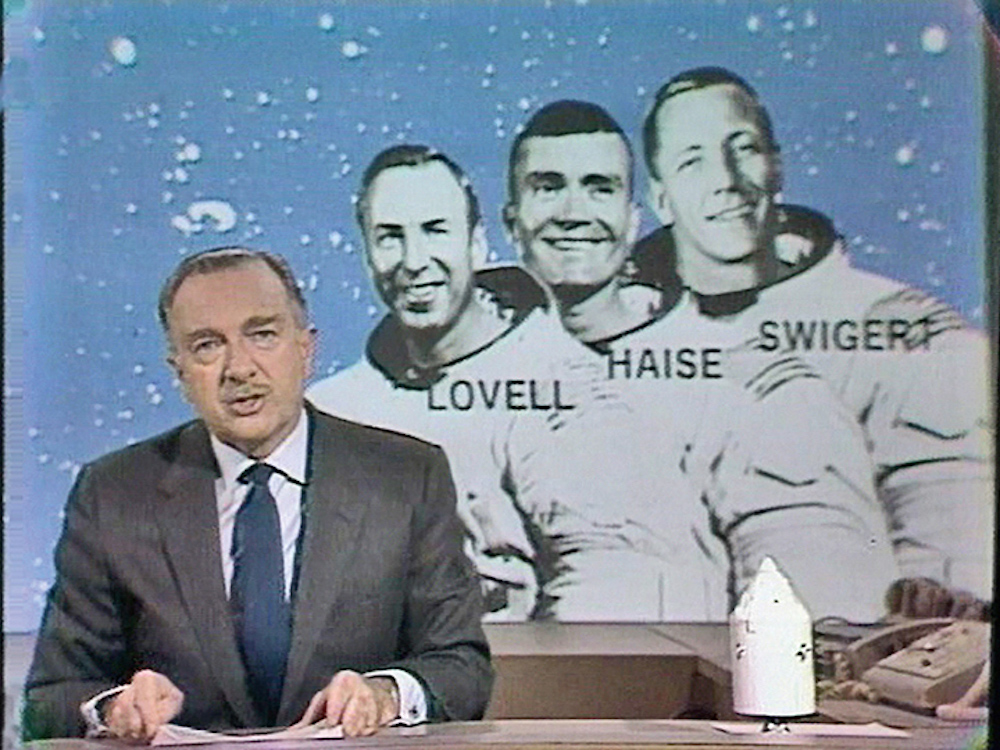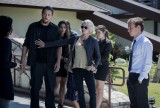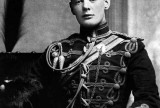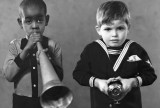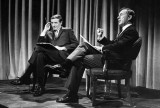NASA’s Other Moonshot Helped Revolutionize Marketing
The Apollo Moon Landing Wasn't Supposed to Be Broadcast, Until a Team of Ex-Reporters Pushed for Live TV
On July 20, 1969, an estimated 600 million people watched and listened in real time as astronauts Neil Armstrong and Buzz Aldrin touched down on the surface of the moon.
With the drama unfolding on their television screens, the attention of millions was focused on a single event—a single step, really—for the first time. It was one of the first grand, extended global social media events of our modern era, much bigger than a Super Bowl Sunday.
But landing on the moon almost didn’t happen—not for the public, anyway. …




